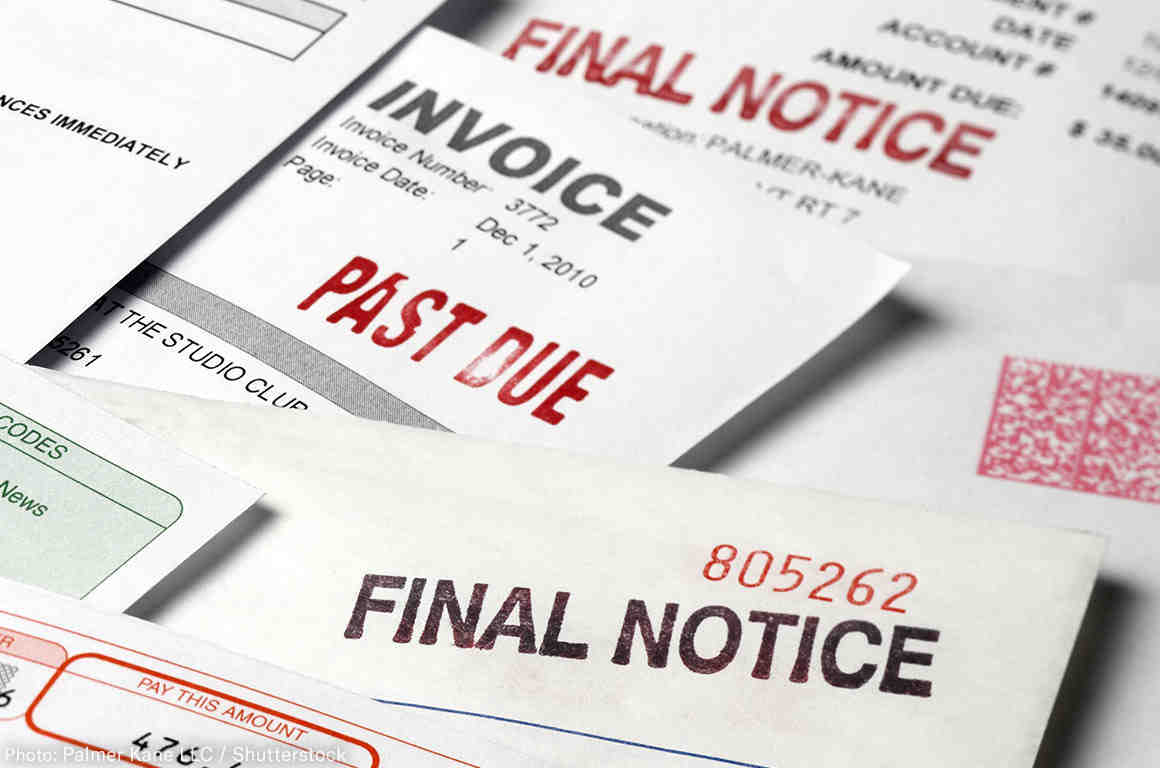When you’re dealing with payments on credit card transactions, utilities, loans or mortgage, it can all seem a lot. If you’re not careful or decide not to deal with finances you’re currently unable to meet and miss one of those payments, it may become bad debt and eventually go into collections.

What is a collection?
A collection can result from a debt that has not been paid on time. If you become significantly delinquent on a debt, such as a medical bill or credit card bill, the original company owed will often write off this debt as a loss and sell it to a collection agency.

Regardless of how/why you get a collections call/notice on unpaid debt, it is extremely important you deal with the notice once aware as ignorance can lead to a meeting in court.
How does unpaid debt go to collections?
Don’t worry, your bills (unpaid debt) don’t go to collections immediately. It takes time within which the group/bank/lender you owe money will attempt to communicate with you to be repaid.
Usually when a debt goes unpaid for a period of time (starting 30 days after the due date) the overdue payment may be reported as delinquent. Sometimes it may be by letter, email or phone call so always check to see you don’t have outstanding balances for far too long.

After about 180 days, it will most likely be sold off to a debt collection agency as a cost lower than the debt itself in an attempt by the company to recoup its loses. If your debt is sold, you’ll start getting debt collection notices from a different company. It’s still that same debt, and you still owe payment — it’s just that a third party has bought the right to collect.
How can a collection affect my credit?
A collections remark will remain on your credit report for seven years from the point the account originally becoming delinquent. The only exception being medical bills that go into collections but are later paid by an insurer ( they drop off your credit reports upon being paid in full).
This not only negatively affects your score, it also shows you failed to repay a debt. This puts you at a high risk of being denied for other loans/credit card applications or being charged high interest rates in the future.
Dealing with collections on your account
Your best bet is to try to collect as much information as you can not only from the company/bank that sold your debt but also from the collections agency as well. You have the right to receive debt validation and verification letters which basically outline what the debt is, how much you owe and other information.
If the facts/numbers do not add up, you can refute the charge and dispute the debt. Read about your consumer rights provided under the Fair Debt Collection Practices Act which protect you from malpractices undertaken by collectors.

If you are able to pay off the debt or reach a settlement, you may request the debt collection agency to remove the negative remark from you credit report/file. Never share your bank details or provide access to the same by setting up a payment plan unless it is in writing for an amount lower than actually owed. Documentation is everything incase you need to protect yourself tomorrow.
If you request proof and invoices of the said debt, the collections agency has to send you a correspondence with all proof and documents. Never just admit to anything or agree to pay off as sometimes it may be a scam and you’d know it if you know you actually never had a missed payment.
There is always a way to remove collections from your report, you just need to document everything and follow the right steps – some of which we mentioned above. Know that you are protected by certain laws and that if you know there is an incorrect collection remark, you can have it removed (as long as it is under a certain time frame).



Pingback: Avoid Late Payments hurting your credit score – TheCreditTraveler